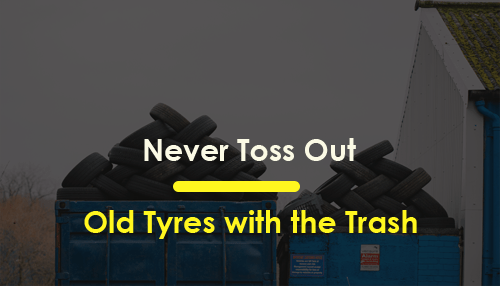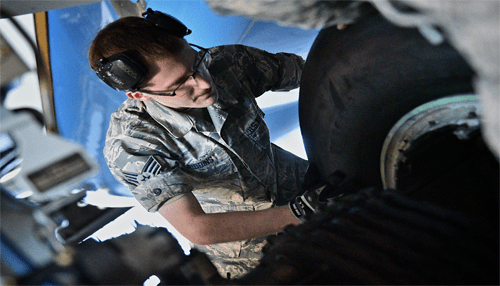Drivers across the UK have a strong preference for old tyres because they are cheaper. Tyre suppliers, however, must dispose of the faulty pieces responsibly to avoid ruining the environment. The low asking prices on part-worn tires in Sittingbourne make them popular with both drivers. Such tires are imported in bulk from Germany, which has one of the highest thread-level requirements in the world.
This is because German drivers must replace their car tires once they reach three millimeters.
That creates a steady stream of tires coming into the UK, where the laws state that drivers must change tires when they reach 1.6 mm deep. Unfortunately, some of these tires are defective and can’t be fitted on cars.
What the law says
To safeguard motorists and other road users, the Motor Vehicle Tyres (Safety) Regulation component of the Consumer Protection Act set the rules:
1. Part-torn tires shouldn’t have lumps and bulges, both on the inside and outside
2. The tires shouldn’t have cuts that are more than 25mm deep
3. All tires must pass an inflation test before you can sell them
4. The original thread should be visible all around the tire
5. The tread should not be less than two millimeters around the tire circumference and across the breath
6. None of the structural cords or carcass should be visible
7. Unretreaded part-worn tires must have the letter “E” and PARt WORN printed on them with letters that are at least four millimeters high.
All part-worn suppliers are required to follow these rules when selling used tires to their customers. Flouting these laws not only endangers lives but can land them in legal trouble as well. Drivers whose tires fall below legal limits face three penalty points and a fine of £2,500 for each tire.
Naturally, some imported used tires don’t meet these standards and must be discarded. The easiest way to do so may be tossing it out with the trash, but that’s a terrible idea. Such tires are likely to end up in landfills, where they will fuel environmental pollution.
What should you do with the faulty tires?
Surprising as it may sound, rubber tires are recyclable and can be turned into many other useful products. Once a tire has outlived its motoring lifespan, you should ship it to a recycling facility. At a recycling plant, the tires will be turned into fuel.
Tire-derived fuel is not only more energy-efficient compared to coal and fossil fuels but also boasts fewer emissions. Additional products include playground turf, rubberized asphalt, railroad ties, and flooring. One impressive aspect of these products is that they are superior to their alternatives. For instance, rubberized asphalt is more skid-resistant and durable compared to standard paving materials.
As a supplier of part-worn tires, you must do your part to keep customers safe on the road. That means only selling them tires that meet the minimum legal requirements. That said, you shouldn’t ship out faulty tires with regular trash, as that only turns them into an environmental hazard. Instead, you should ship them to a tire recycling facility and give them a new lease of life.



